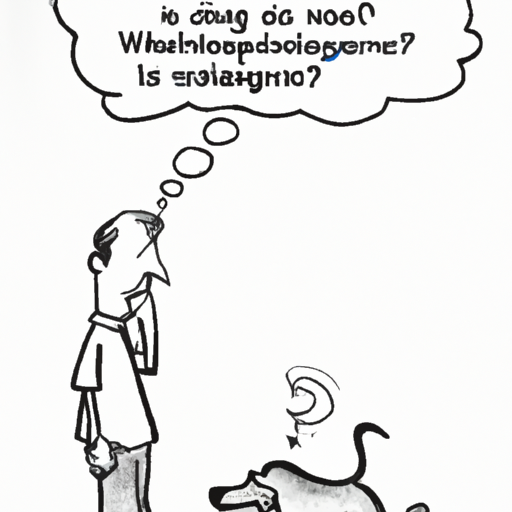Understanding Regurgitation in Dogs
You might have noticed your dog regurgitating, which is quite different from vomiting. Regurgitation is an involuntary action where the food comes back up from the esophagus, unlike vomiting which is forceful and originates from the stomach. It’s essential for you, as a caregiver, to understand that regurgitation can be a sign of various health issues in your dog.
Causes of Regurgitation
There are a number of reasons why your canine companion may be regurgitating:
- Megaesophagus: This is a condition where the esophagus is enlarged, causing difficulties in moving food down to the stomach.
- Esophageal Tumors: These can obstruct the passage of food leading to regurgitation.
- Gastrointestinal disorders: Conditions like acid reflux can cause your dog to regurgitate.
- Eating too quickly: If your dog gulps down food rapidly, they may end up regurgitating it.
Signs and Symptoms
Look out for the following signs in your dog:
- Sudden weight loss
- Difficulty swallowing
- Persistent cough
- Loss of appetite
- Increased heartbeat
How to Prevent Regurgitation in Dogs
Here are some steps you can take to help prevent regurgitation:
- Feed your dog smaller, more frequent meals.
- Encourage your dog to eat slowly.
- Use special bowls designed to slow down eating.
- Keep your dog calm and relaxed during meal times.
Treatment Options
The treatment for regurgitation depends on the underlying cause. Your vet may recommend the following:
| Treatment | Description |
|---|---|
| Dietary changes | Low-fat, easily digestible food |
| Medication | To control the underlying condition |
| Surgery | In cases of tumors or obstructions |
Frequently Asked Questions
Q: Is regurgitation in dogs a serious condition?
A: It can be. If your dog is frequently regurgitating, it’s important to seek veterinary care to determine the underlying cause.
Q: What should I do if my dog is regurgitating?
A: Try to slow down their eating and make sure they’re calm during meals. If the issue persists, consult your vet.
Q: Can I use over-the-counter medication to treat my dog’s regurgitation?
A: It’s not recommended to give your dog any medication without consulting your vet.



